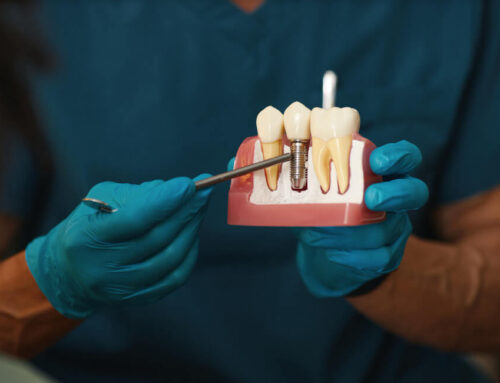The COVID-19 pandemic has influenced many aspects of daily life – from work and social interactions to health routines. One area that experienced notable changes is oral hygiene. What new habits have we developed, and which ones are worth keeping for the future?
Oral hygiene before and during the pandemic
Before the pandemic, many people followed a simple routine – brushing twice a day, occasionally flossing, and visiting the dentist once or twice a year. However, COVID-19 shifted our perspective on health, making us more aware of how important daily oral care is for overall well-being.
Key changes in oral hygiene habits
1. More frequent and thorough brushing
Remote work and online learning meant spending more time at home, which allowed people to brush their teeth not only in the morning and evening but also after meals during the day.
2. Increased use of floss and mouth rinses
With a stronger focus on immunity and general health, many people started paying more attention to reducing bacteria in the mouth. Flossing and antibacterial rinses became more popular.
3. Greater awareness of oral-systemic health
The pandemic reminded us that oral health impacts overall health. Healthy gums and teeth help reduce the risk of inflammation that could weaken the immune system.
4. Fewer dental check-ups
On the downside, fear of infection led many patients to postpone dental visits. This often resulted in delayed diagnoses and the need for more advanced treatments later on.
5. A stronger focus on home care
With limited access to dental services, people realized the importance of proper daily routines. Preventive care at home became more essential than ever.
Which habits should we keep?
- brushing at least twice a day thoroughly,
- flossing daily,
- using antibacterial and remineralizing mouth rinses,
- scheduling dental check-ups every 6 months,
- remembering that oral health supports overall immunity.
The COVID-19 pandemic reshaped how we care for our teeth and gums. While it limited access to dental services, it also encouraged better awareness and stronger home care routines. Keeping these healthy habits can help maintain a beautiful smile and support long-term oral health.





